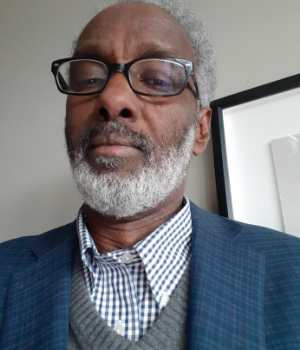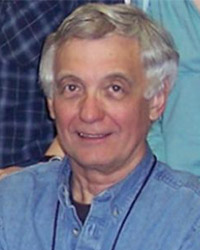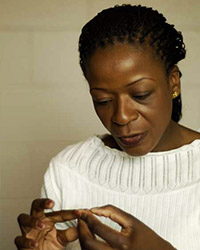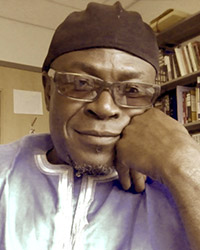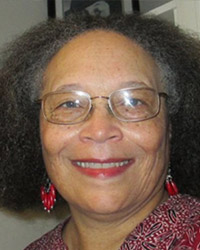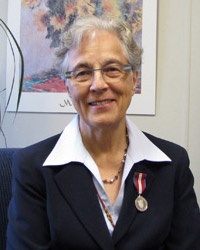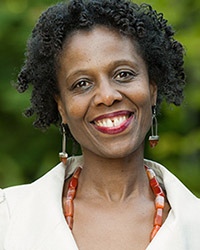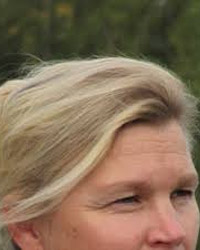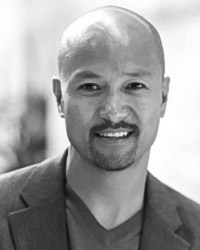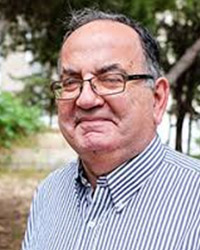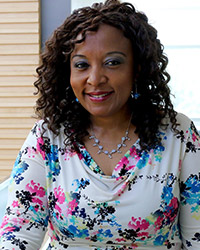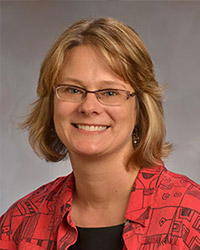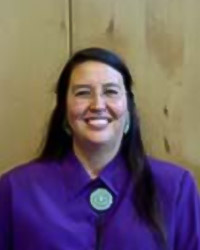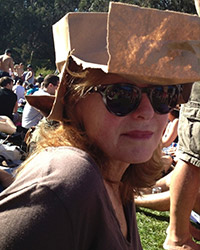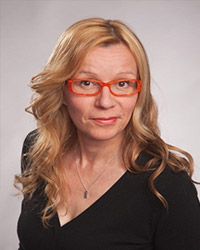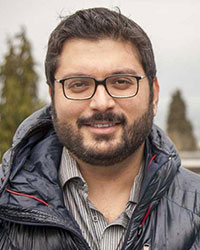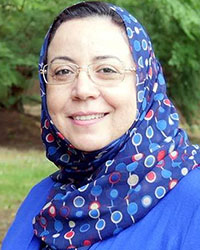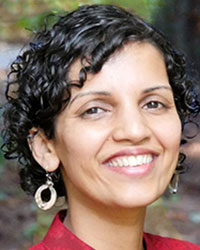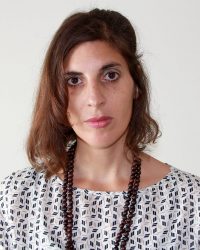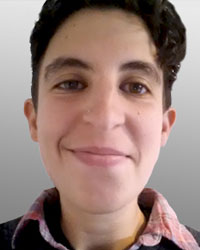The CCIE Associate forum – initially conceived as a local format for participation, networking, collaboration and dissemination of information among various members of the UBC community undertaking CCIE related work – has grown into a regional and even national and international forum, with various strands, including academics, community organizers, students and a number of national and international Cultural Studies Centres. In addition to receiving notification of CCIE activities, CCIE Associates attend planning meetings (as non-voting observers), participate in CCIE workshops, seminars, conferences, lectures, etc. and have opportunities to collaborate with each other in research projects and grant applications.
CCIE has forged links with a number of national and international Cultural Centres, Laboratories and programs in order to foster intellectual exchange and collaboration, and social justice work.
Audiovisual Media Lab for the study of Cultures and Societies (The AMLAC&S), University of Ottawa
The AMLAC&S is an audiovisual media laboratory for the study of cultures in multicultural societies. This lab was founded by Dr. Boulou Ebanda de B'béri in 2005, with the financial help of the Canadian Foundation for Innovation and the Ontario Research Funds. The AMLAC&S is a space dedicated to the research, documentation, and the creation of audiovisual productions that specifically target the cultural practices of communities or marginalized identity group formations such as Blacks and Aboriginals people. The primary philosophy behind the AMLAC&S is to produce research material that exposes contributions made by cultural, ethnic and racial minorities through their specific cultural practices. This endeavor may begin by the conceptualization of questions of citizenship within multicultural societies such as Canada. Equipped with a working area endowed by the Faculty of Arts of the University of Ottawa, the AMLAC&S owns filming equipments (three digital cameras, sound recording systems and lighting kits) and non-linear Final Cut Pro program mounted on five Apple Pro super-computers. The AMLAC&S also owns its own server for storing audiovisual data and other research databases. For more information or email.CCIE and the AMLAC&S are collaborating on the exploration of African continental and diasporic cultural studies. Currently CCIE and AMLAC&S are undertaking the Promised Land Project.
BRaVE (The Centre for Research in Beliefs, Rights and Values in Education)
Brings together staff and research students from a number of related areas of academic interest and professional experience including personal, social and health education (PSHE), citizenship and human rights education.
BRaVE is collaborating with CCIE on projects centered around multicultural and socio-cultural differences.
CRONEM (Centre for Research on Nationalism, Ethnicity and Multiculturalism)
A multidisciplinary research centre in the field of nationalism, ethnicity and multiculturalism. It brings together those at the University of Surrey and Roehampton University who are engaged in issues which lie at the nexus between nation, ethnicity, multiculturalism, citizenship and migration. Reflection on these issues through arts and humanities disciplines provides a distinctive focus for this Centre and added value in funding bids. CRONEM is focusing on crucial developments within contemporary society by drawing on the expertise of those working in internationally renowned academic units across the areas of Dance, Economics, Education, European Studies, Linguistics, Psychology, Social Anthropology and Sociology. It also benefits from the expertise of an Advisory Board composed of renowned figures from the fields of academia, government, media and user groups.
CRONEM is collaborating with CCIE on projects centered around multicultural and socio-cultural differences.
Crucible
A centre of excellence in education in human rights, social justice and citizenship, supported by the Higher Education Funding Council. It is one of 74 Centres of Teaching and Learning Excellence (CETLs) funded by the Higher Education Funding Council of England.
Crucible is collaborating with CCIE on projects centered around multicultural and socio-cultural differences.
Cultural Studies Praxis Collective, University of Washington
The Cultural Studies Praxis Collective (CSPC) is a multi-year collaboration of faculty and academic staff at University of Washington Bothell (UWB), University of Washington Seattle (UWS), Cascadia Community College (CCC), and Bellevue Community College (BCC). Its long-term goals are to generate and disseminate new research on the multiple locations of the humanities, to initiate and institutionalize curricular innovation across the four campuses, and to build and develop arts and cultural pathways for community-based research and teaching. Members of the CSPC pursue these goals by working with a wide variety of organizations and projects, including the Master of Arts in Cultural Studies at UWB and the Institute on the Public Humanities for Doctoral Students at UWS.
Dr. Sarah Shamash
Sarah Shamash lives on the unceded territories of the Squamish, Tsleil-Waututh and Musqueam First Nations in what is known as Vancouver. She is an independent media artist and PhD candidate in the Interdisciplinary Studies Graduate Program at UBC. Her academic research is on an archive of Indigenous film and video in Brazil.Kwan Fong Cultural Research and Development Programme (KFCRD)
As a Program within the Institute of Humanities and Social Sciences at the University of Hong Kong, the mission of the Kwan Fong Cultural Research and Development Programme (KFCRD) is to develop international cultural research networks based at Lingnan University and to link these to training and development projects involving cultural industry and community groups, policy-makers, managers, teachers and students in Hong Kong.CCIE and Lingnan University of Hong Kong are collaborating in transnational cultural studies and cultural studies of education.Sport and Citizenship Initiative, Ohio State University
The Sport & Citizenship Initiative, which emerged from The John Glenn School of Public Affairs at Ohio State, fosters the creation and dissemination of knowledge on the intersections of sport, citizenship, and society directed toward promoting ethical/principled conduct and positive community engagement. The Sport & Citizenship Initiative has three interrelated goals: 1) Fostering Interdisciplinary Research– The Initiative builds a program of interdisciplinary research and conferences, including: Research Grants Commissioned Studies and Evaluations Distinguished Scholars Annual Conference 2) Incubating Innovative Ideas– The Center offers a laboratory for testing and implementing new ideas, including: University Seminars Best Practice Models Policy Forums Public Lectures Summer Institutes, Workshops, and Seminars for Specific Target Audiences 3) Engaging Society through Dissemination of New Knowledge - Regular publications—ranging from print to electronic formats—challenge broad cross-sections of society to consider the ways in which sport, citizenship, and society coincide.CCIE has links with three Centres at Roehampton University in London, England: Centre for Research on Nationalism, Ethnicity and Multiculturalism (CRONEM), Crucible and The Centre for Research in Beliefs, Rights and Values in Education (BRaVE). These Centres are collaborating with CCIE on projects centered around multicultural and socio-cultural differences.The Paulo and Nita Freire Project for Critical Pedagogy, McGill University
Dedicated to building an international critical community which works to promote social justice in a variety of cultural contexts. CCIE director, Handel Wright, has worked on several projects on youth studies and critical pedagogy with both Joe Kincheloe and Shirley Steinberg.The School of Social Sciences, Media and Cultural Studies (SSMCS), University of East London, UK
Spans a wide range of interdisciplinary programmes and research interests, drawing upon the humanities and social sciences, to create an academic and intellectual environment that focuses upon the creative, cultural and information technology industries, social policy, social work and the social sciences. Professor of Cultural Studies, Mica Nava, sits on the international advisory of the CCIE.UBC Okanagan Cultural Studies
CCIE has formed an association with the Cultural Studies program at UBC Okanagan, which is a new undergraduate program that was approved by UBC Okanagan’s Senate and Board of Governors this past year. The program is located in the Faculty of Creative & Critical Studies and allows students to take cultural studies courses, along with courses from other disciplines like English, Sociology, Indigenous Studies, Women’s Studies, etc, that flow within the following three streams: 1) Media Studies draws from studies of communications, film, and television to examine how different forms of representation alter being whether in print, film, television, Internet, or emergent digital technologies. 2) Global Cultural Studies examines the impact of colonialism and globalization on forms of cultural production and representation, transnational cultural relationships, and the formation of local and global identities 3) Critical and Cultural Theory provides an interdisciplinary theoretical framework for the study of cultural production, representation, and practices in consideration of effects on class, ethnicity, race, nationality, gender, sexuality, and power.
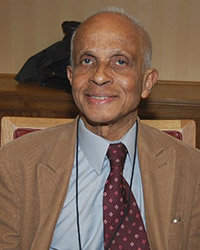
Suman Fernando
Honorary Senior Lecturer in Mental Health, Centre for Migration and Social Care
Read More

Robert J. Helfenbein
Associate Dean, Associate Professor of Curriculum Studies, School of Education
Read More

Michael Hoechsmann
Associate Professor, Graduate Studies and Research in Education, Undergraduate Studies in Education
Read More

William J. Morgan
Professor in Social and Cultural Foundations, School of Educational Policy and Leadership
Read More
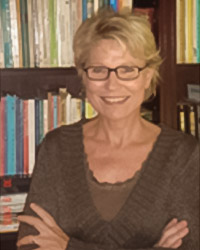
Marisa Vorraber Costa
Professor of Teaching and Curriculum, University of Rio Grande do Sul, Brazil,
Read More

Jonathan Warren
Director and Associate Professor, Henry M. Jackman School of International Studies
Read More
CCIE has forged links with a number of community organizations to foster exchange and collaboration, and to initiate social justice work across a range of academic and more community-focused locations and settings.
Issamba Centre
Issamba Centre is a Black-Led, Black-Serving non-profit is an Art & Cultural organization whose main mandate is to advance awareness and understanding of the richness and diversity of African culture and traditions through the promotion of a broad range of cultural, educational, and artistic activities, events, and programs. It aims to strengthen the Black community's resilience. In 2020, African Arts and Cultural Community Contributor Society (AACCCS) opened Issamba Centre, the only African Descent Centre in BC, the first on Vancouver Island. It is a hub for African, Caribbean origin, and of African descent, and a gateway for engagement with Black communities.
Vancouver Latin American Film Festival
The Vancouver Latin American Film Festival (VLAFF) is the largest and longest-running Latin American film festival in Western Canada. It was founded in 2003, as a registered charitable organization, with the mission of providing a forum for the promotion and exhibition of Latin American cinema in Vancouver. The festival fosters critical dialogue between cultures and explores and celebrates the art of contemporary Latin American and Latin-Canadian cinematography, and the appreciation of visual media as a means of art, information and critical decolonial engagement. Currently, CCIE Student Associates Sonia Medel and Sarah Shamash, form part of the festival's leadership team, elaborating diverse curatorial and educational initiatives across the Lower Mainland. Visit their website for updated information on the upcoming 17th edition of the festival running August 22 to September 1, 2019.
MOSAIC
MOSAIC is a multilingual non-profit organization dedicated to addressing issues that affect immigrants and refugees in the course of their settlement and integration into Canadian society. MOSAIC's mandate is to support and to empower immigrant and refugee communities, helping them to address critical issues in their neighborhoods and workplace.
CCIE and MOSAIC collaborations include:
Dresden Community Development Association
Highlander Center
New Market, Tennessee, United States
The Highlander Center provides education and support to poor and working people fighting economic injustice, poverty, prejudice, and environmental destruction. It helps grassroots leaders create the tools necessary for building broad-based movements for change. For more on their programs and initiatives, visit their website.NuYuID (New Youth Identity)
NuYuID brought together MOSAIC’s popular youth program, NuYu, in which immigrant youth undergo training in popular theatre to discuss, reflect and act upon their experiences as immigrant youth with CCIE’s Expressing and Exploring Youth Identities in a Multicultural Context project. The result of the collaboration was an eight-week intensive program in which 14 new immigrant youth participated in Theatre of the Oppressed training and performed results in a public forum on the theme of identity and belonging. CCIE simultaneously conducted a critical ethnography (participant observation, individual and focus group interviews) of the youths’ exploration of identity and belonging in Canada, Vancouver, school and local communities.The Chatham-Kent Black Historical Society
Chatham, Ontario
The Chatham-Kent Black Historical Society Heritage and Research Room is a Non-profit organization, which was founded in 1992 and incorporated in 1994. They are an affiliated society of the Ontario Historical Society, which was founded in 1888. Membership is open to anyone who is a citizen or legal resident of Canada or the United States, who supports the purposes of the Society.The Cultch
Since 1973, The Cultch (formally the Vancouver East Cultural Centre) has been one of Vancouver’s most diverse and innovative arts and cultural hubs. The Cultch offers dynamic contemporary programming in theatre, dance, music, and the visual arts, bringing world-class cultural presentations to thousands of citizens each year through its own programming and through providing rental opportunities for community users. Our purpose is to provide a venue for performance that serves a diverse and engaged public and provides space for artistic experimentation and development, building an audience for local companies and presenting cutting-edge national and international work.We acknowledge the ancestral, traditional and unceded Aboriginal territories of the Coast Salish Peoples, and in particular, the Musqueam, Squamish and Tsleil Waututh Nations on whose territory we stand.Whistler Interfaith Society
The Whistler Interfaith Society, originally the Whistler Skiers Chapel Society, is an organization that aims to build bridges of inter-religious understanding and cooperation. It is an organization that is especially attuned to the complexities of providing spiritual and religious care in multi-cultural and multi-faith settings. For more on this organization, visit the Resort Municipality of Whistler.
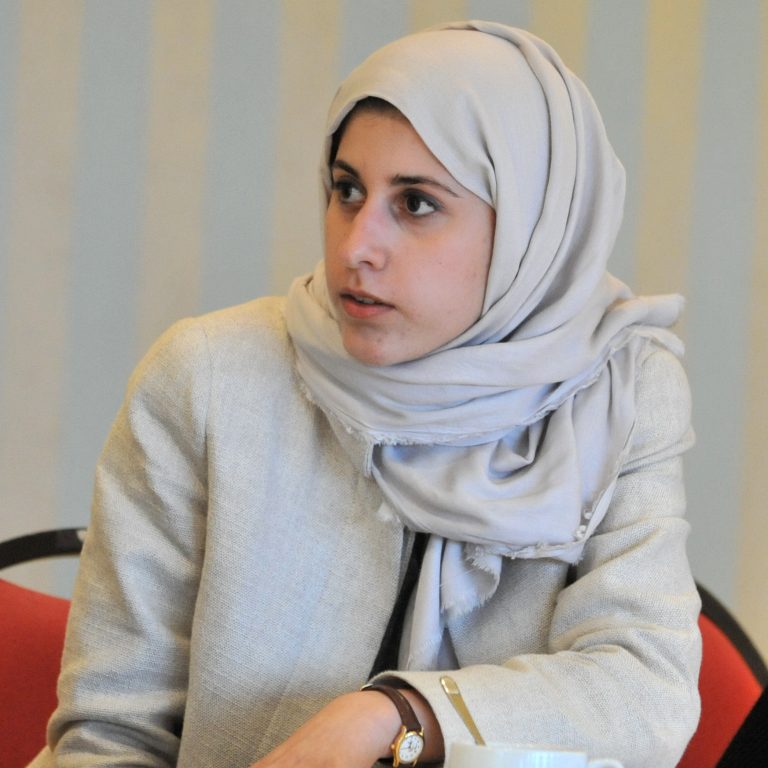
Esraa Al-Muftah
Graduate Assistant at the Centre for Culture, Identity & Education (CCIE); PhD Candidate (EDST) ,
Read More
CCIE collaborates with a number of UBC Centres, Departments & Offices in order to foster intellectual exchange and collaboration and to build university-community partnerships. These include the following:
David Lam Chair in Multicultural Education
In addition to founding CCIE, Director, Dr. Handel Kashope Wright, is the current David Lam Chair in Multicultural Education. The David Lam Chair is an endowed Chair established by the Honourable David Lam, former Lieutenant Governor of British Columbia, and the Governments of British Columbia and Canada. The Chair enables the Faculty of Education to provide leadership in research, teaching, and application of knowledge about multicultural education. For more information, go to: multicultural.educ.ubc.caIndigenous Education Office
CCIE has collaborated with the Associate Dean for Indigenous Education on a number of symposia and events. The Associate Dean for Indigenous Education provides leadership and coordination efforts regarding Indigenous education and research. In particular, this position oversees the existing Indigenous programs, NITEP and Ts’kel; works with Faculty departments, centres, and programs to establish Indigenous education priorities, new initiatives and effective research networks; builds Indigenous community-university partnerships; and expands the pool of excellent people working cooperatively to advance Indigenous education and research.Centres and Institutes in the Faculty of Education
CCIE is one of a number of centres and institutes in the Faculty of Education at UBC.
- Centre for Group Counselling and Trauma (CGCT)
- Centre for Interdisciplinary Research and Collaboration in Autism (CIRCA)
- Centre for Sport and Sustainability (CSS)
- Centre for the Study of Teacher Education (CSTE)
- Edudata Canada
- Centre for Early Childhood Education and Research (CECER)
- Psychoeducational Research & Training Centre (PRTC)
UBC Equity Office
The UBC Equity Office is a strong supporter of CCIE initiatives and has collaborated with the Centre on a number of occasions. The Equity Office works, more generally, to prevent discrimination and harassment on campus, to provide procedures for handling complaints and to coordinate UBC's employment and educational equity program. The Office also helps educate members of the UBC community about their rights and responsibilities. Workshops and training sessions for students, staff and faculty on issues such as discrimination and harassment, equity and diversity are offered regularly and are available on request.UBC Okanagan Cultural Studies Program
CCIE has formed an association with the Cultural Studies program at UBC Okanagan, which is a new undergraduate program that was approved by UBC Okanagan’s Senate and Board of Governors this past year. The program is located in the Department of Creative and Critical Studies and allows students to take cultural studies courses, along with courses from other disciplines like English, Sociology, Indigenous Studies, Women’s Studies, etc, that flow within the following three streams: 1) Media Studies draws from studies of communications, film, and television to examine how different forms of representation alter being whether in print, film, television, Internet, or emergent digital technologies. 2) Global Cultural Studies examines the impact of colonialism and globalization on forms of cultural production and representation, transnational cultural relationships, and the formation of local and global identities 3) Critical and Cultural Theory provides an interdisciplinary theoretical framework for the study of cultural production, representation, and practices in consideration of effects on class, ethnicity, race, nationality, gender, sexuality, and power.
